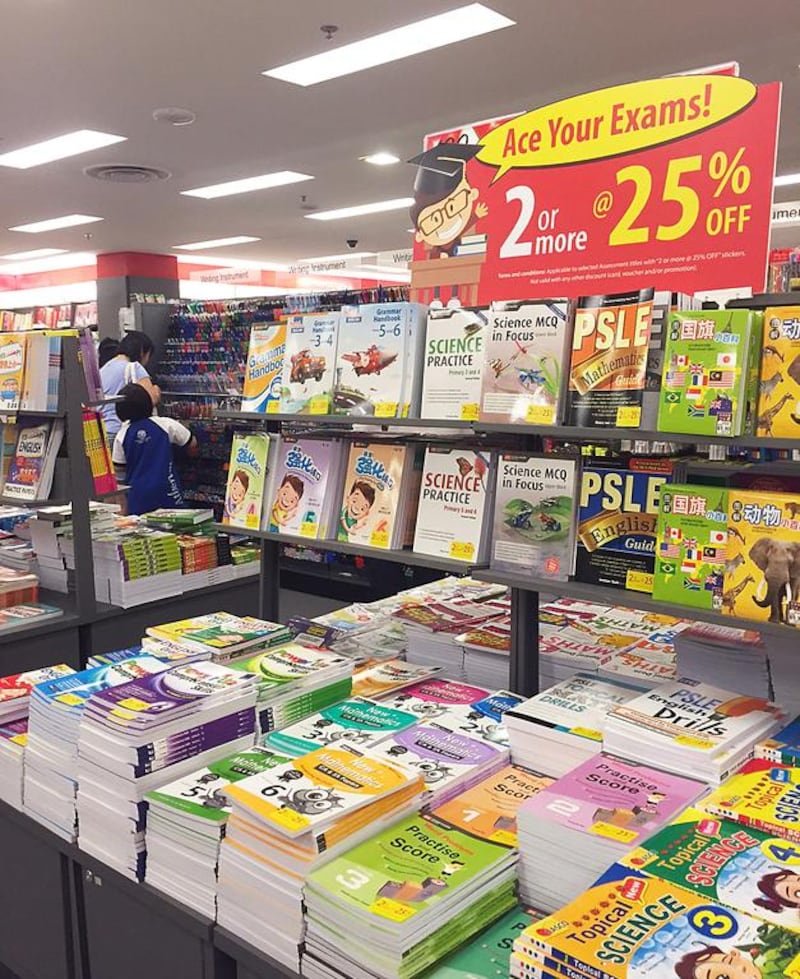Myth 1: Deprivation is destiny
Singapore's most disadvantaged students perform better in maths than their privileged peers in the West, the OECD has found.
"The most important myth that Singapore has debunked is that deprivation is destiny," said Andreas Schleicher, the education director of the Organisation for Economic Cooperation and Development.
It is commonly believed that students who come from poorer families do worse in school than their wealthier counterparts.
However, results from the Programme for International Student Assessment (Pisa) show that 20 per cent of Singapore's most disadvantaged 15-year-olds have better maths skills than the 10 per cent most privileged students in the United States and several European countries.
"That does not come about by accident," said Mr Schleicher. "Singapore has been able to attract talented teachers to challenging classrooms and capable school leaders to disadvantaged schools, thus challenging all students with high standards and excellent teaching."
Myth 2: Money buys success
It is a misconception that more money spent means better education.
Singapore spends far less money on each student than most OECD countries, said Mr Schleicher.
Yet the South East Asian nation has topped education tables in several international benchmark tests in maths, science and literacy.
Many countries have invested more resources to lower the class size but student performance improved only in a few, said the OECD.
In 2012, Singapore spent 3.1 per cent of its GDP on education, below the average of 5.3 per cent spent by OECD countries that year.
"Part of this is that Singapore spends its money wisely. Whenever it has to make a choice between a better teacher and a smaller class, it goes for the former," Mr Schleicher said.
Smaller classes are often seen as beneficial because they allow teachers to focus more on the needs of individual students and reduce the amount of disruptions during class time.
However, Singapore has an average class size of 35.5 in its primary schools, compared to an average of 24.1 pupils in primary school classes of OECD countries.
Myth 3: Inherited intelligence, not hard work
There is a widespread notion among educationalists that inherited intelligence, not hard work, accounts for student achievement. Singapore challenges that myth too, said Mr Schleicher.
Pisa asked 15-year-olds what they believed made them successful.
"Students [in Singapore] believe they will succeed if they try hard and they trust their teachers to help them succeed," he said.
In many countries, students were "were quick to blame everyone but themselves".
In France - an average performer on the Pisa test - more than three-quarters of the students said the course material was too difficult, two-thirds said the teacher did not get them interested in the material, and half said their teacher did not explain the concepts well or felt they were just unlucky.
"The fact that students in some countries consistently believe that achievement is mainly a product of hard work, rather than inherited intelligence, suggests that education and its social context can make a difference in instilling the values that foster success in education," he concluded.
jtan@thenational.ae





